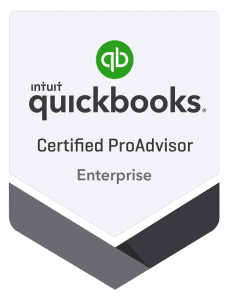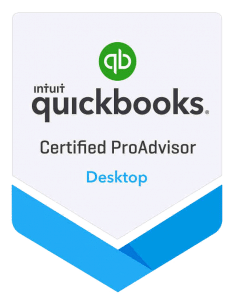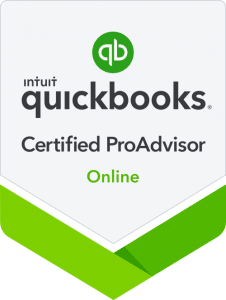Did you know that 20% of small businesses fail within the first two years?
That statistic can be quite daunting, especially if you are a small business in your first two years!
However, there are so many things you can do to make sure that your business finances stay on track, which will help your business be more successful!
If you are running a company, you may want some bookkeeping tips to stay on top of everything, especially the financial side of the business.
Ready to learn more? Keep reading this guide to learn more about bookkeeping for your small business!
1. Keep Records
One of the most important things to do for your business finances is to keep records of everything.
This means that you need to record all financial transactions, sales that you make, expenses that you have, invoices you’ve sent, and receipts for all business sales.
This can be a lot to try to keep track of on your own, so you may want some bookkeeping help. You can use bookkeeping services to help you keep track of everything and all of the moving parts as well!
2. Separate Business and Personal Expenses
As a small business owner, you might be tempted to consolidate all your expenses in one place. However, since you are the owner of your business, it is worth considering the benefits of diversifying your financial records.
It’s important to separate your business and personal expenses to avoid confusion and make your bookkeeping more manageable. This is true for taxes and overall bookkeeping in general.
Not only does it help avoid misunderstandings, but it also enables you and your key employees to focus on the business’s financial goals and manage the financial plan effectively.
Open a separate bank account and credit card for your business and use them exclusively for business expenses.
3. Always Monitor Cash Flow
An important thing that you should do as a small business owner is set up a budget and expense sheet. Budgets help you to plan your expected income and expenses. You can then track your actual expenses against your budget to see how you are doing.
4. Reconcile Your Accounts for Your Business
Reconciling your accounts is the process of comparing your bank and credit card statements to your bookkeeping records to ensure they match. If they don’t, this can cause a lot of issues.
Doing this helps you catch any errors or discrepancies to ensure that your financial records are accurate.
Reconciling your accounts is an important part of financial management. Doing this once per month will help you to fix things when they come up rather than waiting for the end of the year. If you do that, it can be harder to figure out where things went wrong.
5. Come Up With an Organizational System
While keeping all of your documents for your business is important, you need to have an organizational system if you want it to work.
Otherwise, how are you going to find that one receipt from last March if you don’t know where to even get started looking for it? Imagine if you need to look for a receipt from 3 years ago on a specific date. That’s going to be even harder.
To avoid these types of situations, you should have an organized filing system in place.
6. Automate Everything
Whenever you have the chance to automate one of your systems, take it. Manually entering data into spreadsheets and reconciling numbers can take a lot of time and energy – not to mention it can also be difficult to understand at points.
Automating can free up a lot of time to devote to other aspects of your business. Moreover, automation ensures that data entry errors are avoided, and it can help you be more organized with your bookkeeping tasks.
Freeing up your time means you’ll be making more money. Who doesn’t want that!?
7. Do a Quarterly Review
At the end of each quarter, take an in-depth look at your bookkeeping and other records.
By doing this, you’ll be able to take a step back and view the broader perspective. This will assist you in determining what actions you should maintain or modify as you move into the following quarter of the year.
8. Stay On Top of Tax Deadlines
As a small business, it is crucial that you plan ahead and set aside money for any anticipated tax bills.
Ensuring timely payments is crucial to avoid incurring fines or penalties. By staying on top of your payments, you can avoid unnecessary expenses and manage your finances effectively. Simply make it a habit to pay on time and you’ll be able to save money in the long run.
9. Pay Your Employees On Time
If you have any employees as part of your small business, it is crucial that you pay them on time. You need to set aside this cash so that you are able to keep your business running in the way it should.
You also need to set aside money to cover the payroll tax. Also, remember to be sure to file the payroll returns on time as well.
Small Business Bookkeeping Tips
Now that you have read through these small business bookkeeping tips, you know what to do to have a successful business!
However, we understand that it is not always easy to do all of this on your own. If that’s the case, we want to help you here at Cloud Bookkeeping in San Antonio, Texas!
We offer a range of bookkeeping services, from simple data entry and online statement management to more complex tasks such as budgeting and cash flow analysis.
Whatever your needs may be, we are here to help you stay organized and on top of all your bookkeeping needs.
Contact us today for a free consultation and quote! We look forward to hearing from you. Thank you for reading!






